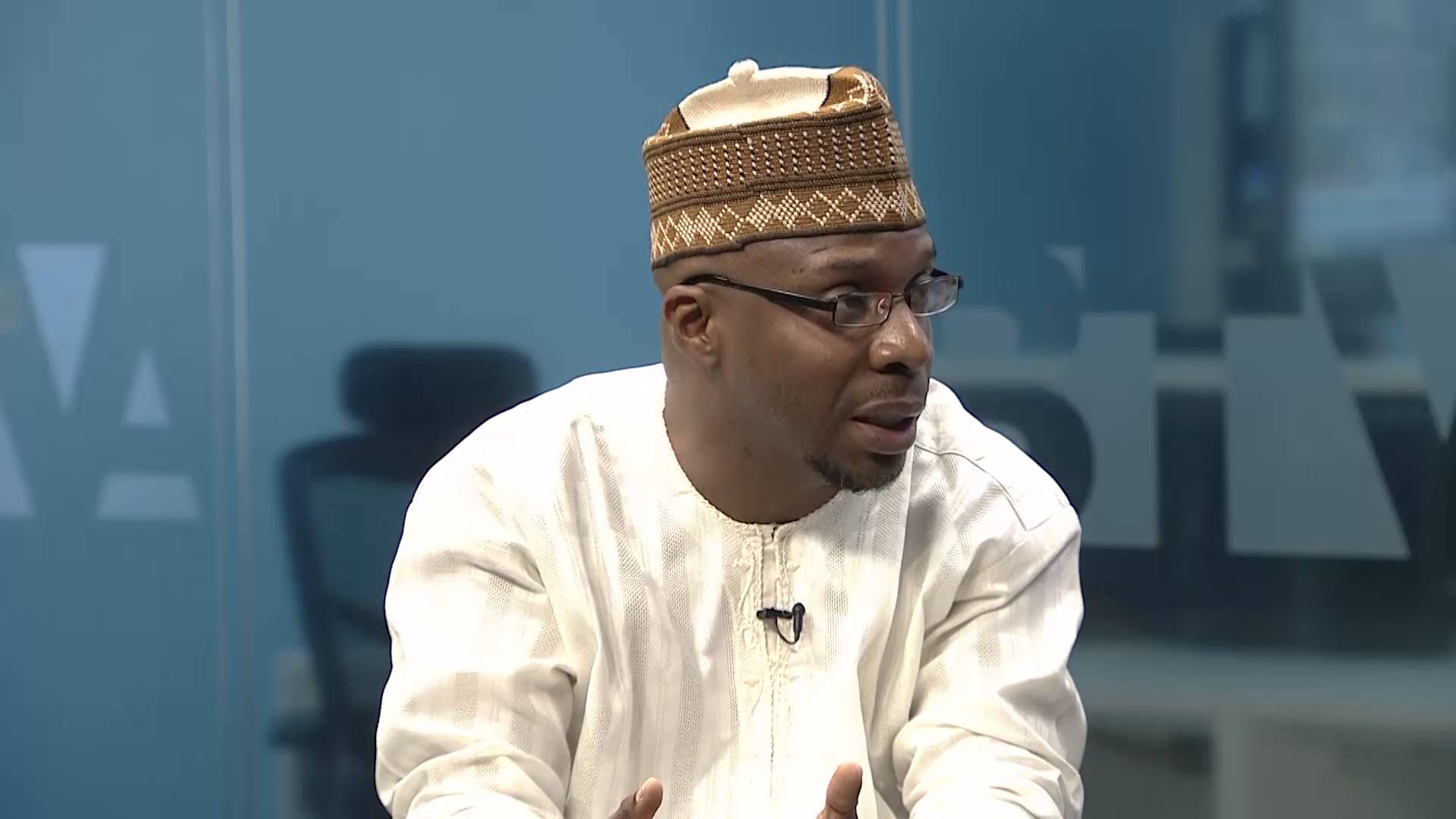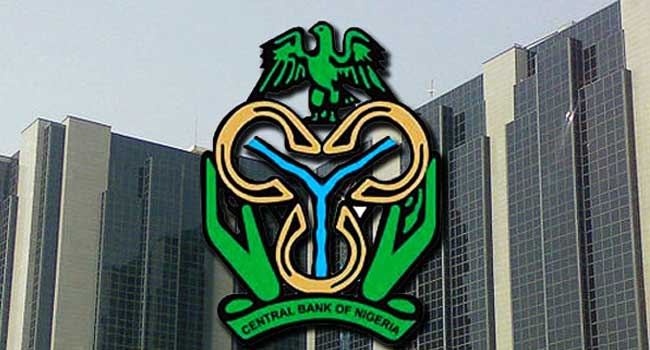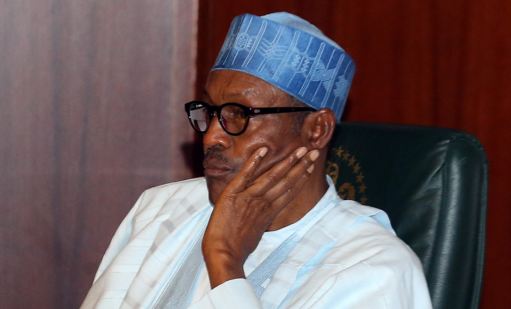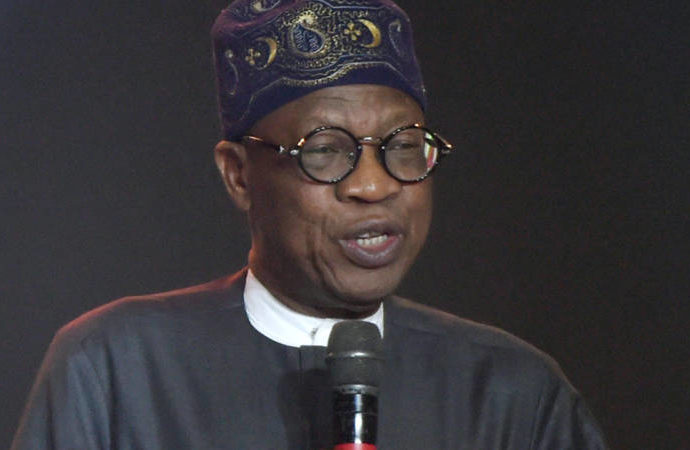The Statistician General of the Federation and Chief Executive Officer, National Bureau of Statistics (NBS), Dr. Yemi Kale has stated the conditions for Nigeria to exit the current economy recession by 2018.
Kale spoke in a chat with Economic Confidential at the weekend in Abuja.
“If oil prices do not collapse and Niger Delta remains peaceful, by 2018 we would have recovered. It was an extremely difficult period and we all felt it. I will say that most of the indicators suggest that we are coming out of it”, Kale assured.
“We have not come out of it yet. As if the worst has already happened and it’s a low process of recovery. Now there is what we call technical recovery as different from the recovery Nigerians would prefer.
“When you tell somebody, the economy is coming out of recession, they would say what do you mean. After all prices are still high. Coming out of recession means positive growth.
“And your positive growth can be plus zero point one (+0.1). That does not mean everything is fine. It technically means you are no longer in negative again”, said Kale.
He further posited that “the fact that we are no longer in negative does not translate to be buoyant”, stressing that there is going to be a gradual process of recovery as things are improving.
“At least all the indicators are suggesting things are getting better. People always make this mistake when we say inflation is slowing down. Slowing down of Inflation does not mean prices are coming down.
“But I can tell you 16% is not good but a huge problem. If the trend continues, by the end of the year things should have normalized and by 2018 Nigerians would now see the benefit of the recovery”, he noted.
The official further likened the economy to a house built on three foundations, of which two were weak.
“You have an oil sector which is one pillar, a non-oil sector dependent on oil, which is the second pillar, and we have a non-oil sector not dependent on oil, like agriculture, which is the third pillar.
“Two pillars are directly dependent on oil. So when oil decides to collapse, two legs will be gone and remaining one pillar. And that is the problem we had
“Rather than diversify the economy, we have an economy solely dependent on oil. The other sectors depend on oil to survive. We have manufacturing, but their production input is dependent on foreign materials. And foreign input depend on foreign reserves, while our foreign reserves depend on oil.
“When oil price goes down, and we do not have enough reserves, and manufacturers do not get foreign exchange to get their inputs, they cannot produce and so resort to black market to source for foreign exchange at high price and cost of production goes up.”






